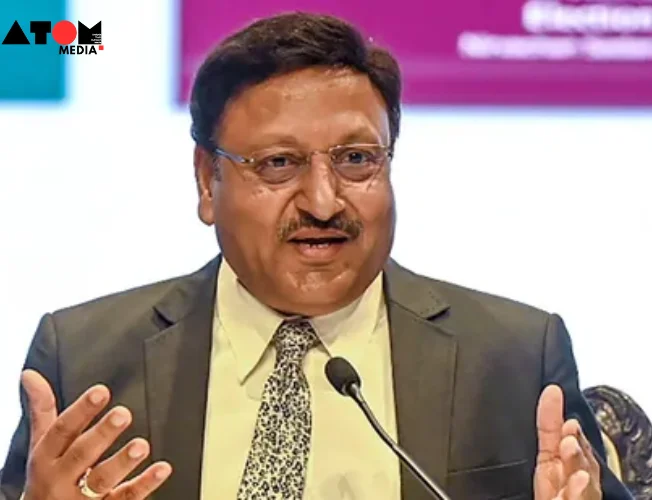Introduction to Electronic Voting Machines (EVMs)
EVMs, or electronic voting machines, have generated discussion and controversy ever since they were introduced as an election-related tool. EVMs were at first heralded as a technological breakthrough that would simplify voting and lessen election fraud, but their dependability, security, and vulnerability to manipulation have come under fire.
The Evolution of EVMs
In India, electronic voting machines (EVMs) replaced paper ballot voting in the 1990s. With the capacity to electronically capture and retain voter votes, they were made to be tamper-proof, user-friendly, and efficient. Voter-Verified Paper Audit Trails (VVPATs) are one of the new elements that EVM technology has added throughout time to improve accountability and transparency in the voting process.
Controversies Surrounding EVMs
EVMs have been embroiled in disputes and claims of tampering, manipulation, and malfunctioning despite technological progress. The lack of openness in the testing and manufacturing processes of EVMs, as well as their susceptibility to outside tampering and hacking, have drawn criticism. Election-related EVM malfunctions have added to these worries and sparked accusations of electoral fraud and manipulation.
Allegations of EVM Tampering
The claims of political parties and politicians manipulating and tampering with EVMs are among the most divisive topics surrounding them. The ruling party has often been accused by opposition parties of manipulating election results in their favour by interfering with electronic voting machines. Widespread protests, rallies, and requests for electoral reforms to solve the alleged shortcomings in the electoral process have resulted from these accusations.
Responses from Election Authorities
Election authorities, such as the Election Commission of India (ECI), have continuously maintained the accuracy and dependability of electronic voting machines (EVMs), rejecting accusations of manipulation as fanciful and unproven. They have underlined the strict security procedures and guidelines—such as machine randomization, physical security, and encryption—that are in place to protect EVMs from manipulation and hacking.
Legal Challenges and Judicial Interventions
Concerns over EVM use in elections have also made its way into the legal system, where a number of challenges have been lodged requesting judicial intervention. Despite receiving petitions contesting the use of electronic voting machines (EVMs) and the transparency of the electoral process, the Supreme Court of India has mostly maintained the legitimacy and constitutionality of EVMs, pointing to the dearth of hard proof of fraud or tampering.
Public Perception and Trust in EVMs
The public’s faith and confidence in the electoral process are still fragile, despite the election authorities’ promises and court rulings supporting electronic voting machines. There have been calls for increased accountability, transparency, and monitoring in the way elections are conducted because many people still have concerns about the accuracy and fairness of electronic voting machines.
Future Prospects and Challenges
The debate over electronic voting machines (EVMs) highlights the larger difficulties and complexities involved in utilising technology in electoral democracy. EVMs have clear benefits in terms of effectiveness, speed, and accuracy, but they also give rise to justifiable worries regarding integrity, security, and privacy. To preserve the integrity and legitimacy of the democratic process, election authorities must be watchful and aggressive in addressing these issues as technology develops further.
Final Thoughts
The arguments surrounding Electronic Voting Machines (EVMs) highlight the larger conflicts and inconsistencies that arise when democracy and technology collide. EVMs have completely changed the way elections are held, but they have also brought up serious concerns about the fairness, openness, and integrity of the democratic process. We must strike a balance between welcoming technical innovation and defending the core values of democracy as we negotiate the complexity of the digital age. It is only then that we can guarantee that the public’s voices are acknowledged and recognised throughout the democratic process.
Read more: Marketing News, Advertising News, PR and Finance News, Digital News





